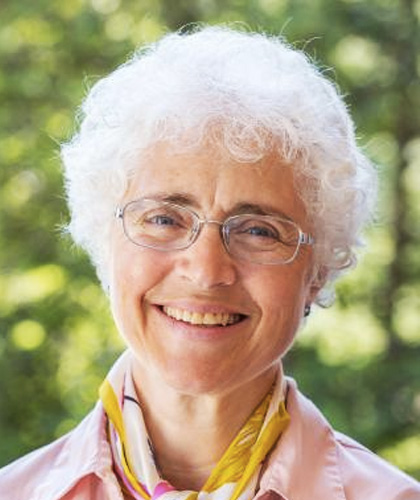
Anderson, Samira
College of Behavioral and Social Sciences
Brain and Behavior Institute
My lab is interested in neural processing of auditory input across the life span. In infants, we study the development of speech sound differentiation and the relationship between subcortical speech encoding and later language development. This information may lead to earlier identification and treatment of language-based learning impairments. In older adults, we are investigating the effects of aging and hearing loss on the ability to understand speech in complex environments. As we age, we begin to notice a gradual decrease in our ability to process incoming stimuli, in part due to slower speed of processing. These changes are exacerbated by hearing loss and deficits in cognitive abilities, such as memory and attention. The basic test of hearing thresholds does not accurately predict hearing in noise. We use electrophysiology assessment techniques to assess the brain’s ability to accurately encode the timing and frequency components of speech in humans. We also evaluate plasticity in the auditory brainstem and cortex in response to sensory deprivation, augmented hearing, and auditory training. The use of hearing aids or cochlear implants cannot compensate for imprecise neural speech encoding; therefore, it is important to consider other rehabilitation approaches that focus on the use of auditory and/or cognitive training to improve speech understanding. The information gained from our research should lead to better methods of identification and management of hearing difficulties in older adults.
Background
I joined the faculty of the Department of Hearing and Speech Sciences in January of 2013. I have a background in clinical audiology and I study the neural processing of speech across the lifespan, with a particular interest in the ways processing impairments affect language acquisition in infants and speech perception in older adults. I use electrophysiology as my primary research tool, but I also use perceptual and imaging assessment techniques in collaboration with other faculty.
- Neurobiology of speech perception
- Learning-associated neural plasticity
- Aging
- Hearing loss
- Auditory development